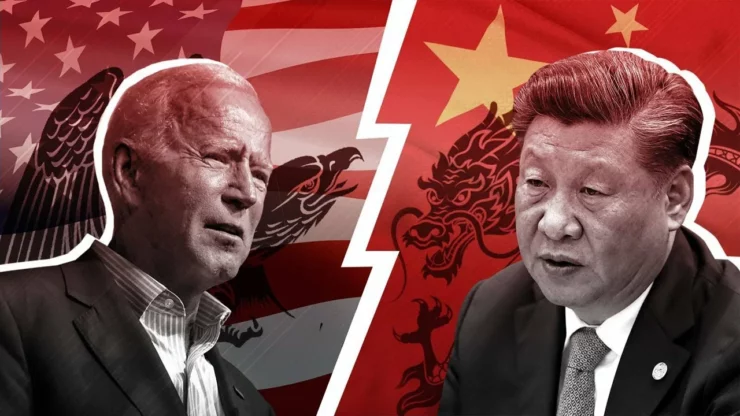China has issued a harsh response to the United States’ visa ban on Chinese students and researchers, promising to “resolutely safeguard their legitimate rights and interests.” The Chinese Foreign Ministry issued a statement criticising the action as politically driven and warning that it might gravely harm the United States’ worldwide reputation and image.
The visa restrictions, which Washington claims target individuals linked to sensitive tech and military programs, have been condemned by Beijing as discriminatory and unjustified. Chinese officials argue that such measures hinder educational exchange and academic freedom, further straining bilateral ties already tense over trade, Taiwan, and cybersecurity issues.
China emphasised that its students had made significant contributions to American universities and research institutions for decades. The Foreign Ministry accused the United States of “weaponizing academic mobility” and asked for a reversal of what it sees as a shortsighted and antagonistic approach that jeopardises future global collaboration.
As tensions rise, many believe the impact will result in diminished educational collaboration, talent exodus, and retaliatory actions by China. With international education at the crossroads of geopolitics, this development indicates a growing division that has the potential to transform the global academic landscape.









